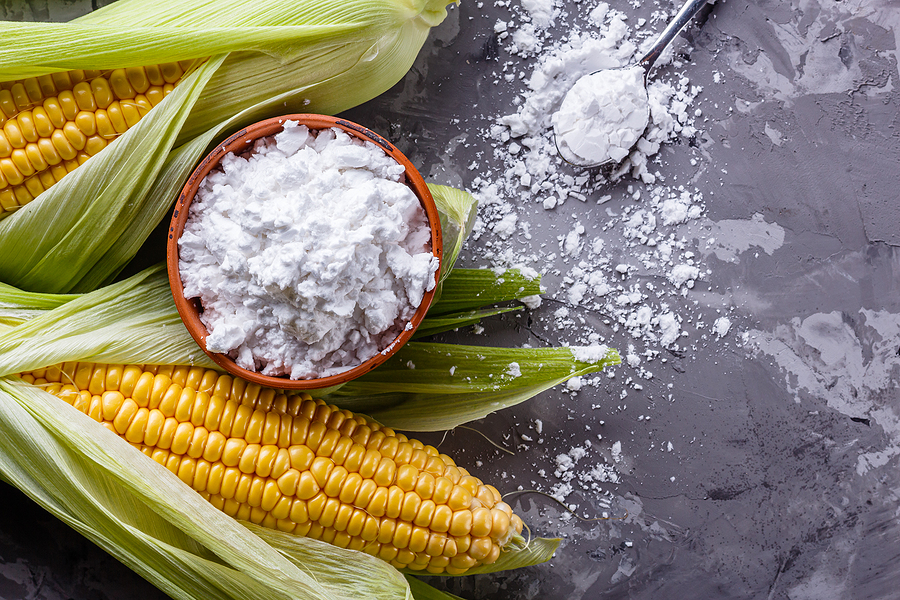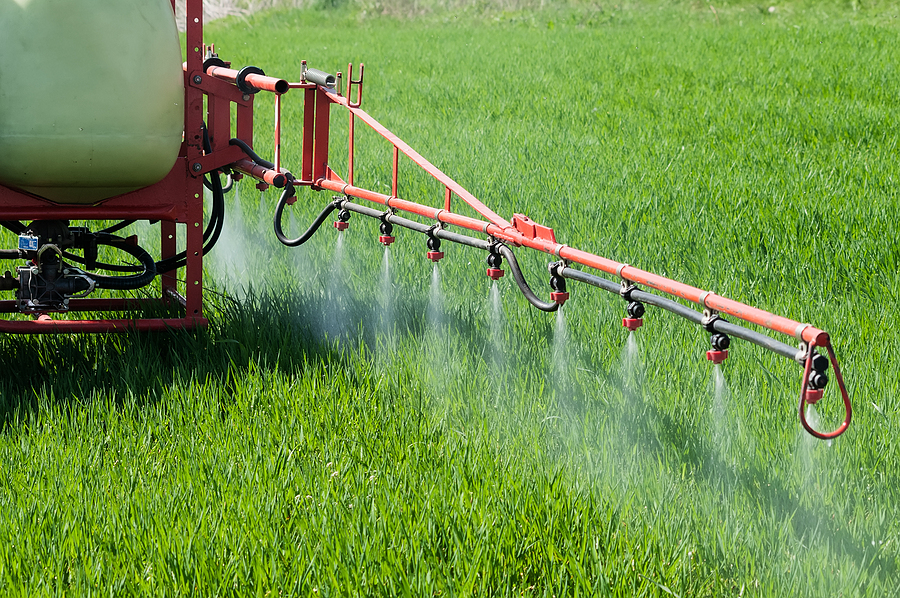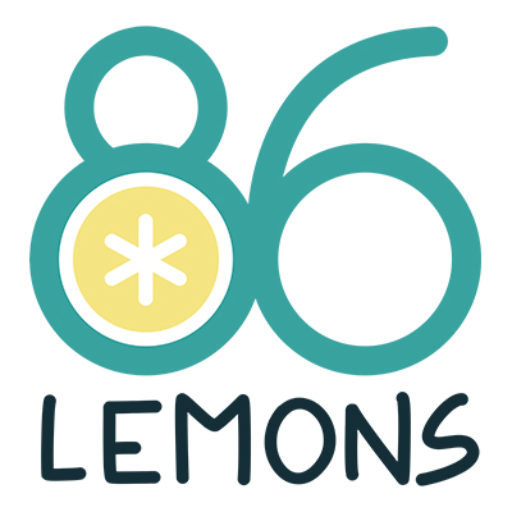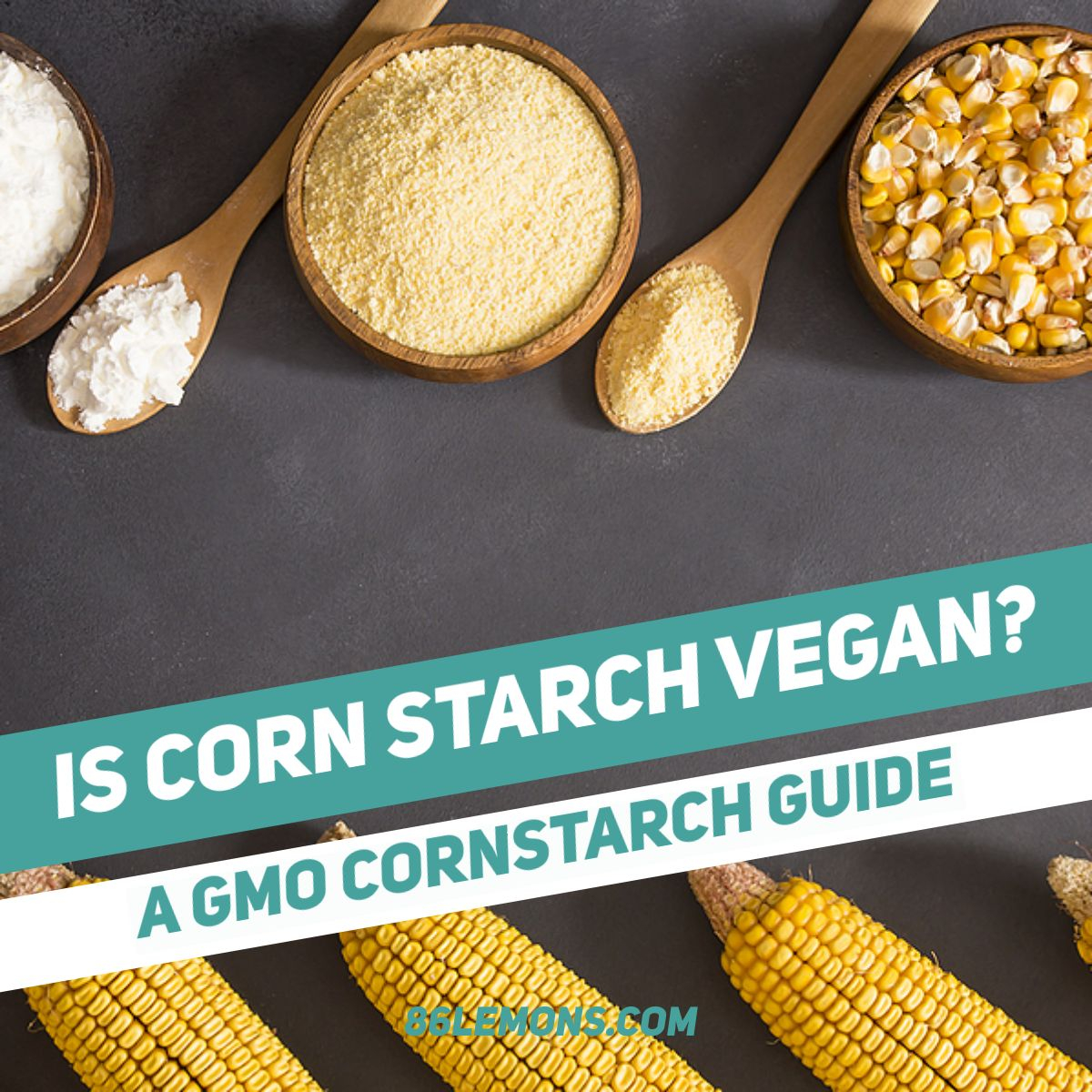
Cornstarch: is it vegan? Whether you like to cook your own food and experiment with recipes, or have eaten any kind of processed food, you’ve almost certainly come across cornstarch as an ingredient at some point. In vegan recipes (and non-vegan ones) it is very common and widely used as a natural thickener for sauces and gravies, soups and custards and also to give crispiness to fried food. Our famous vegan potato soup recipe is a perfect example!
Cornstarch is also present in an enormous quantity of processed food that are labeled as vegan. But is cornstarch really vegan friendly? The answer is a little more complex than it looks.
What Is Cornstarch Used For?
Cornstarch is derived from the corn grain. It is a highly refined product that is obtained by removing the fibers and the proteins from the corn kernel and by leaving only the internal starch (also known as endosperm).
When cornstarch is mixed into a liquid and then heated, it forms a thick paste. This process is called starch gelatinisation and is the reason why cornstarch works as a thickening agent.
When used as a coating, it increases the crispiness of foods when fried as it allows an increased oil absorption. That’s why you’ll find it in many recipes involving fried tofu.

Cornstarch is also used to make corn syrup and other sugars. Its uses also go well beyond these culinary applications. It is in fact one of the most popular anti-stick agents which is found in baby powder, medical products made from latex (like condoms, diaphragms and medical gloves), and is even used to produce adhesive!
So Cornstarch Is Vegan Friendly, Right?
If you’ve been vegan for a while you might have noticed by now that things are sometimes not as vegan as they look. While cornstarch itself does not contain any animal products, the production process is not free from cruelty or exploitation.
As a matter of fact corn cultivation, especially in the US, is nearly 100% GMO unless the packaging specifies otherwise.
The procedure of modifying foods genetically is not intrinsically “unvegan” though. Cross- breeding techniques have been used for thousands of years and thanks to that we have corn as we know it today. Modern GMO techniques do have some pretty nasty side effects though.
Environmental Impact Of GMO Corn Starch
Although there has been a lot of debate about the possible consequences of GMO’s effects on human health, the reality is that we don’t have any real proof of them having negative effects… or any effects to be completely honest. We just don’t know.
More documented problems arise when we look at the bigger picture and consider the implementation of a GMO system. We need to consider that most of these crops in the US are made to be resistant to certain herbicides, specifically the infamous Monsanto’s Roundup (also known as Glyphosate). This means that when this substance is sprayed on the crops, all the other plants, except the GMO, die.

Glyphosate has not been proven to be detrimental to human health (although there’s still some doubt about the “pureness” of these tests), on the other hand it has been proved to have negative effects on the soil’s health and the plants’ long-term fertility. These crops may also not contain all the micronutrients that they should. Besides this, the use of glyphosate has been linked to an increased death rate in bees. This last one, on top of being a concern about the welfare of bees is also concerning because bees have a major role in the pollination of plants. Without bees most of the earth’s vegetation would just disappear – and life on earth (as we know it) would go with it.
Then there’s also the economic impact. Monsanto has been known for using enormous resources to hire lawyers to harass every farming business that has dared to question GMO’s effects on human health and ethics. The discussion about GMOs safety and ethics is a very broad and complicated topic. I personally believe that veganism is about living a life free of cruelty and exploitation of all beings and this includes animals, humans and the planet ecosystem. So, draw your own conclusions as to whether or now GMO-grown cornstarch is vegan friendly.
What If I Buy Certified Organic Cornstarch?
Certified organic cornstarch should be, by definition, free of GMO. The problem is that these foods are not actually tested to guarantee it. If you want to be 100% sure that your cornstarch doesn’t contain any GMO you need to look for the NON-GMO Project seal. This will guarantee that the cornstarch you bought can considered vegan beyond any reasonable doubt.
Please be aware, though, that this doesn’t make cornstarch a health food. We have to remember that it is still a processed food that has a high concentration of calories and sugars and virtually no nutrition value or fibre. This being said, it is also true that the quantity needed in recipes where it is used as a thickening agent or as a coating to give more crispiness to fried foods is usually very little, usually going from 1 teaspoon to a couple tablespoons tops. So unless you are on a diet that is very restrictive for sugars or calories its moderate use shouldn’t concern you too much.


